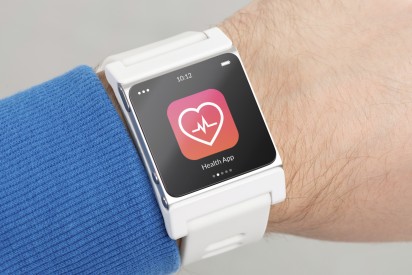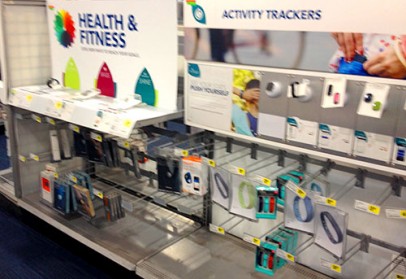August 19, 2014 - Comments Off on Could the iWatch Revolutionize Medical Research?
Could the iWatch Revolutionize Medical Research?
“Talkback Tuesdays” is an original weekly installment administered by hcp event planning ltd., where a team member of The Mechanism is asked one question pertaining to digital design, inspiration, and experience. The Q&A will be featured here on The Mechanism Blog as well as on The Mechanism’s Facebook, Twitter, and Instagram, every Tuesday. Feel free to offer up your 2¢ in the comments.
George Brassey, The Mechanism’s lead developer, discusses the great potential smart watches can have in revolutionizing medical research and healthcare management. It seems like only a matter of time!
What new piece of tech are you most excited about hitting shelves?
I'm excited to see what sensors Apple will introduce with the iWatch. I'm hoping they announce a watch with an array of sensors which might revolutionize health care research. Last year there was a huge amount of media buzz around the wearable space, with nothing appearing. This year the rumor mill is turning again and it sounds like Apple will finally announce an iWatch next month to be released later this year/early next year. Why am I interested? Last year I didn't like the idea of the wearable. The potential uses didn't interest me. I already have a phone, tablet and laptop. I don't need yet another screen. Especially considering how limited the functionality will be on such a small device. This year, however, I've been hearing about the sensors that will be included.
I'm a migraine sufferer. From time to time, without warning, I get massive blind spots in my field of vision, followed by debilitating headaches. Research on migraines has been inconclusive. The Mayo Clinic lists: hormones, foods, food additives, drinks, stress, sensory stimuli, changes in wake-sleep pattern, physical factors, changes in the environment, and medications; as potential causes. That's a long list with very little practical information as to how to prevent a migraine. I will be interested to see what could be learned by analyzing various health markers preceding migraines.
Depending on how Apple's new Healthkit SDK deals with privacy, the platform could standardize the sharing of medical records. Currently, there is very little access to medical data for researchers. Fears of records getting into the wrong hands means that acquiring data for research often requires a new study, even if a similar study has been done before. This involves, raising money, finding volunteers and conducting the study which may take months, even years. Most health information is under lock and key. The proliferation of devices to passively record a wealth of data could provide easy access for life saving research.
Published by: georgebrassey in Pharmaceuticals, The Programming Mechanism, The Thinking Mechanism
Tags: wearables

